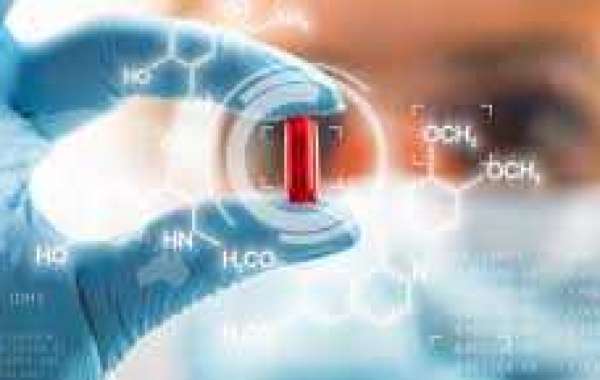Introduction
Clinical development is the backbone of medical progress, driving the journey from scientific breakthroughs to tangible treatments that improve lives. In this guide, we'll delve into the multifaceted world of clinical development, breaking down the stages, key concepts, and its critical role in transforming innovative ideas into real-world solutions. Whether you're a medical professional, researcher, or simply curious about medical advancements, this guide will provide you with a detailed understanding of clinical development.
Understanding Clinical Development
Clinical development is the meticulous process of testing and evaluating potential medical treatments or interventions to determine their safety, efficacy, and appropriate use for patients. It bridges the gap between scientific discovery and practical medical application, ensuring that new therapies meet rigorous standards before reaching the public.
The Importance of Clinical Development
Clinical development plays a pivotal role in the healthcare ecosystem. It not only ensures patient safety but also validates the effectiveness of new treatments. Without this process, unproven therapies could lead to detrimental outcomes for patients and undermine medical progress as a whole.
Stages of Clinical Development
Clinical development comprises several distinct stages, each with its own objectives and methodologies:
1. Pre-Clinical Research
In this initial stage, potential treatments are tested in laboratories and on animals to assess their safety and potential efficacy. Researchers work to identify any potential risks and gather preliminary data that informs further development.
2. Phase 1 Trials
Phase 1 trials involve a small group of healthy volunteers and focus on assessing the treatment's safety, dosage range, and potential side effects. These trials lay the foundation for subsequent phases.
3. Phase 2 Trials
Phase 2 trials expand the participant pool to patients with the targeted condition. The focus shifts to evaluating the treatment's efficacy and side effects, refining dosage, and gathering more comprehensive safety data.
4. Phase 3 Trials
In this critical phase, the treatment is tested on a larger scale, involving a diverse patient population. Phase 3 trials provide substantial evidence of the treatment's effectiveness, monitor side effects, and compare it with existing standard treatments.
5. Regulatory Review
Following successful Phase 3 trials, the treatment undergoes rigorous evaluation by regulatory agencies such as the FDA. The goal is to ensure that the benefits outweigh the risks and that the treatment meets safety and efficacy standards.
6. Phase 4 Trials
Also known as post-marketing surveillance, Phase 4 trials continue after the treatment is approved. These trials monitor its long-term effects, gather additional safety data, and explore new applications.
Key Players in Clinical Development
Several key stakeholders collaborate to facilitate the clinical development process:
Pharmaceutical Companies
Pharmaceutical companies initiate and fund clinical trials. They conduct research, manufacture treatments, and submit applications for regulatory approval.
Researchers and Investigators
Medical researchers and investigators design and execute clinical trials. They collect and analyze data, ensuring the trial's integrity and adherence to ethical guidelines.
Patients
Patients volunteer to participate in clinical trials, contributing to scientific advancements. Their involvement is crucial for testing treatments in real-world conditions.
Regulatory Agencies
Regulatory agencies, like the FDA, review trial data and approve treatments that demonstrate safety and efficacy. Their oversight ensures public health and safety.
Ethical Review Boards
These boards evaluate the ethical implications of clinical trials, safeguarding the rights and well-being of participants.








